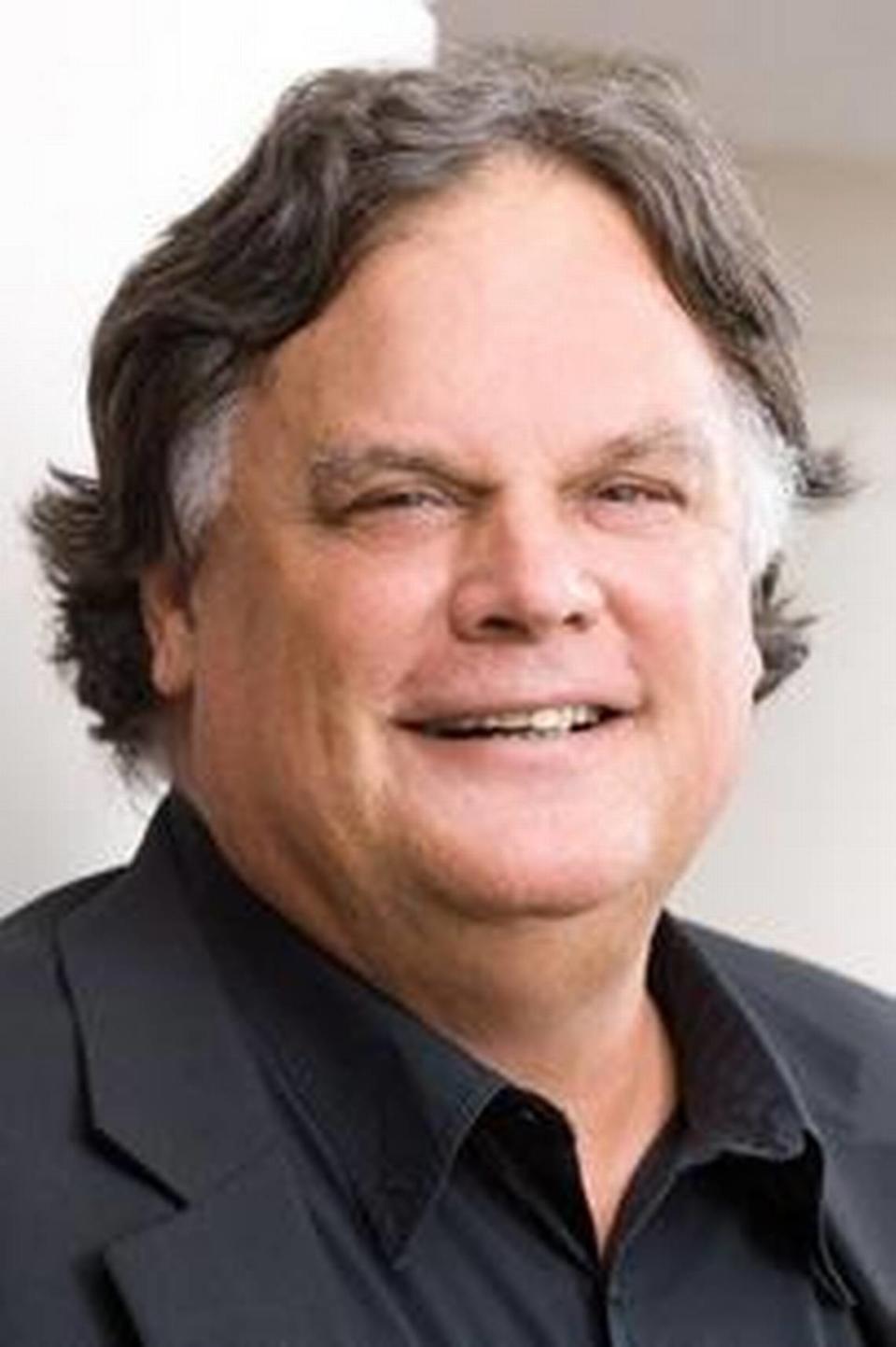Once a beacon of Southern progress, NC is now a poster child for the opposite | Opinion
A decade ago, as North Carolina’s political fortunes were dramatically altered, national pundits suggested that a state once deemed “a beacon of Southern progress” had become “a laboratory” for extremism, a “poster child for regressive, conservative policies.”
By 2017, though, Gov. Roy Cooper began to fend off many of the N.C. General Assembly’s most destructive adventures and courts had started to strike down an impressive array of Republican lawmakers’ assaults on democracy and equality. But it’s reasonable for Tar Heels now to fear we’re being introduced to extremist laboratory 2.0.
This new chapter will be turbocharged by the stunning change of parties by Rep. Tricia Cotham. The former Democrat claimed her old colleagues had been rude to her. So she joined a Republican legislative caucus that has waged one of the nation’s most committed, pervasive and successful campaigns against African-Americans, poor people, LGBTQ folks, women, public schools and democracy itself.

Cotham’s decision is a deceitful betrayal of her constituents and the party that had just elected her. It will wound hundreds of thousands of Tar Heels and ease the pathway for dramatically expanded Republican overreach.
Extremism 2.0 will, of course, include the traditional torment of marginalized minorities. As if to accentuate the point, Cotham’s announcement was accompanied by the introduction of six new Republican-proposed statutes to afflict transgender minors and their parents. Small wonder the patron saint of anti-trans work — Republican Congressman Dan Bishop — jubilantly joined Cotham’s party-switching announcement. Who wouldn’t be thrilled at the new locking of arms? Tami Fitzgerald of NC Values Coalition can’t be far behind.
But the primary goal of the new Republican measures looks to be the monopolization of government power by the General Assembly itself — in ways that are both more granular and more ambitious. It’s not enough for lawmakers just to decide what their own electoral districts will be, and who can get effective access to the polls, and to relegate their electoral opponents to political oblivion. More must be demanded.
Lawmakers now, famously, seek to control what can be said about race and sexuality in the public schools. They just acted, through the budget, to affect the curriculum, the hiring process, and the creation of academic departments at UNC-Chapel Hill. They demanded a system-wide accounting of activities, programs and expenditures which might be associated with diversity, equality or inclusion — with a likely eye toward elimination. (I admit I’m hoping we can continue to teach constitutional law).
They diminished the governor’s potential oversight of the state’s residential schools for blind and deaf students, after earlier eliminating his appointment authorities over UNC trustees. And they introduced a bill that gives them the power to accept or reject the president of the state community college system.
But don’t think Republican lawmakers are only our new schoolmasters. The state house included language in its budget bill that would move the State Bureau of Investigation out of the Department of Public Safety. And N.C. Senate Leader Phil Berger, with little notice, pressed a bill through the Senate that would change the way appointments are made to the Utilities Commission, Board of Transportation, Economic Investment Commission, Public Health Commission, Wildlife Resources Commission, Environmental Regulation Commission, Coastal Resources Commission, N.C. Railroad Board, and UNC Health system. Under the provision, the governor’s appointment powers would be reduced in favor of — you guessed it — Sen. Berger and N.C. House Speaker Tim Moore. There’s some good news.
Of course, most of these proposals present dramatic separation of powers challenges under the N.C. Constitution. But not to worry. Our new state Supreme Court devoutly worships at the same partisan altar.
Contributing columnist Gene Nichol is a professor of law at the University of North Carolina-Chapel Hill.

